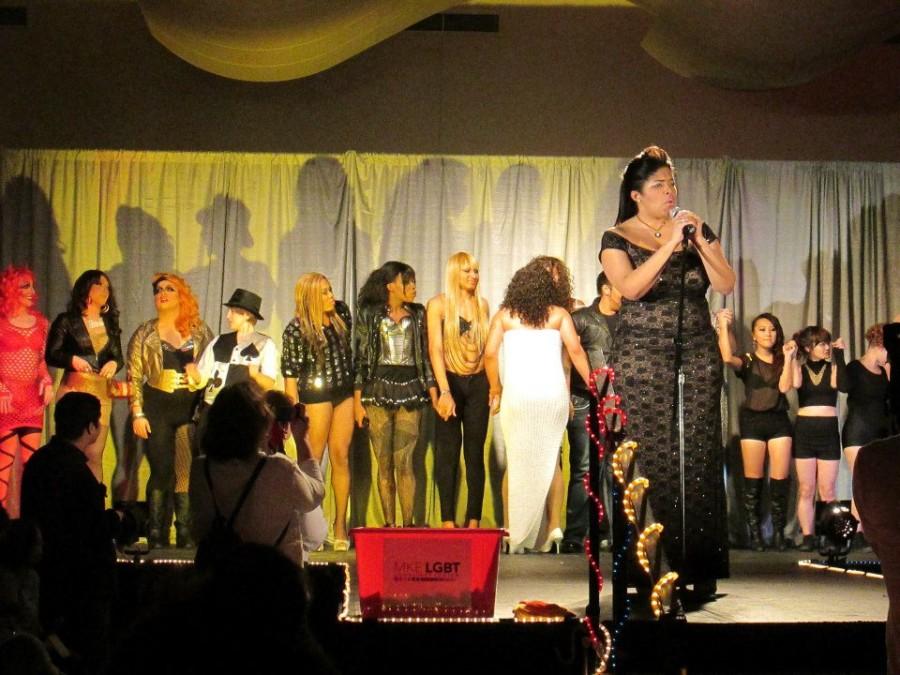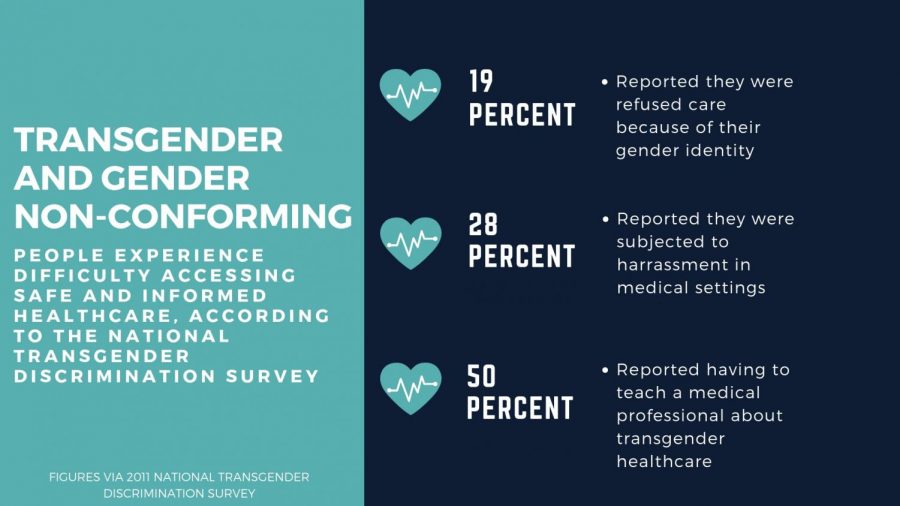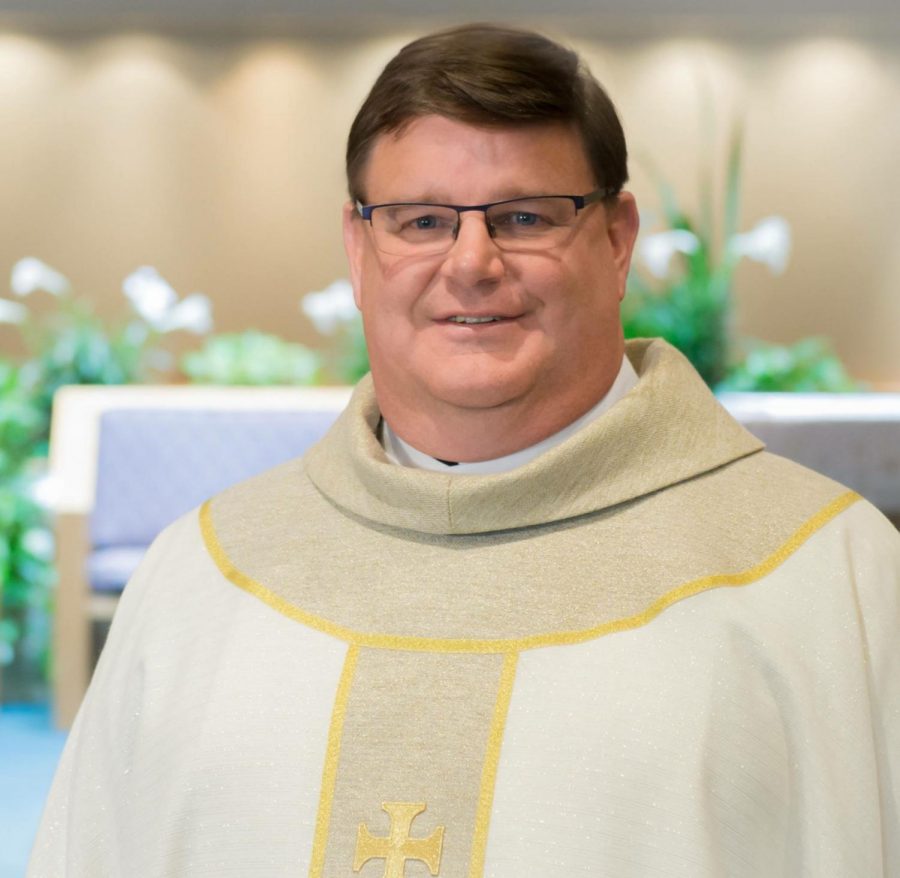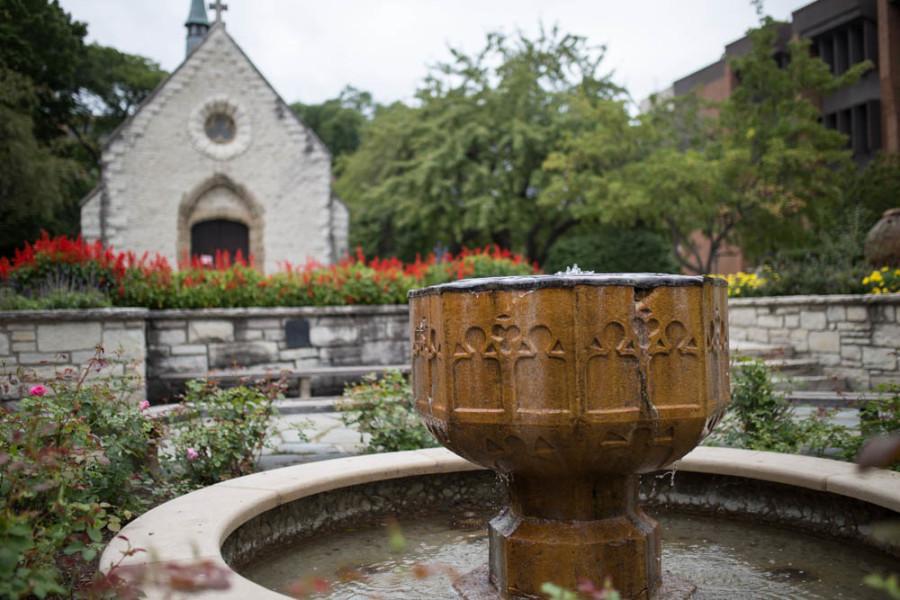
Last spring, Jodi O’Brien became a household name for members of the Marquette community.
O’Brien, an openly lesbian professor at Seattle University, was recommended by a search committee to fill the long-vacant position of College of Arts & Sciences dean. Marquette extended her an offer, only to rescind the contract later.
Allegations of discrimination arose, and Marquette was thrust into the national spotlight. The administration cited O’Brien’s research on gay sexuality as reason for the withdrawn offer, but the damage was done and the university was left reeling from a press nightmare.
In an effort to repair relations with the LGBT community, Marquette enlisted the services of Ronni Sanlo, a former professor at UCLA and LGBT activist, to visit campus and “identify the fundamental issues at Marquette in addressing sexual orientation and gender identity.”
Sanlo’s visit occurred last October. Through discussions held with students, faculty and administration, she compiled a report voicing the concerns of the Marquette LGBT community and provided recommendations on what the university can do better.
In her conclusion, Sanlo said the LGBT community at Marquette is small, but deserves to feel safe and included. She recommended the entire university act together to create an inclusive campus environment, saying this would take a significant amount of work and communication to accomplish.
When contacted, Sanlo declined to speak on her report, saying her professional code of ethics requires she not discuss it with anybody other than the institution who hired her.
Students
One of the students Sanlo interviewed said, “There is no understanding of queer at Marquette. I’m gender queer and feel completely isolated.”
Chris Miller, vice president for Student Affairs, said it is concerning to hear a student say that.
“Anytime a student says he or she feels isolated or marginalized, it’s a cause of great concern,” Miller said. “It’s imperative we take these kind of statements seriously.”
One of the issues raised by the report is there are “few substantive support systems for LGBTQ-identified students at Marquette.”
Miller took this as a call to action. Marquette has already increased programming directed at LGBT students, he said. Next fall, the university will introduce a LGBT support network called the Ally program.
“There’s definitely more we can do,” Miller said. “These initial steps just signify our real commitment to create a safe and inclusive environment.”
But not all are impressed at the steps taken by the university.
John McAdams, an associate professor of political science, said while the university should be safe for everyone, there is a limit to what Marquette, as a Catholic institution, should do.
“(LGBT) students should be treated just like everyone else on campus,” McAdams said. “Marquette, being a school that follows Catholic teachings, has to resist making more concessions to placate the gay lobby.”
Faculty
Other faculty, however, feel Marquette stands to do better in dealing with LGBT matters.
Nancy Snow, a professor in philosophy, said not enough has been done to satisfy faculty and their voices are not being heard by administration.
“To a point, there is a lack of communication and understanding between faculty and administration,” Snow said. “Discussion needs to happen.”
A lack of communication is concerning to Provost John Pauly, but is something he expects to be dealt with.
“Part of the problem is the complexity of a contemporary university,” Pauly said. “We have to determine the role of faculty in all this, and it’s obvious that at certain points, there is a critical need for faculty voice.”
Student Affairs
Miller gave particular attention to a quote Sanlo included in the Student Affairs section which read, “Sometimes I think Student Affairs is all fluff PR and no substance.”
“That’s a serious critique of what we’re doing at Student Affairs,” Miller said. “It points to the feeling that what we’re doing hasn’t been effectively communicated, which is a big reason why we’re concentrated on getting word out.”
Among her recommendations for Student Affairs, Sanlo suggested LGBT training programs for staff.
Miller said training in inclusivity and diversity has already been implemented by Student Affairs, but different programs are still being looked at.
The proposed training and breadth of LGBT-centered programs Student Affairs has planned is something McAdams is wary of.
“The building up of a ‘gay infrastructure’ is something Marquette can’t allow,” McAdams said. “It might exist in Student Affairs already. There’s also a question as to the effectiveness and nature of the training — it could be some Stalinist form of reeducation.”
Pauly said the building of a “gay infrastructure” is not a practical way of defining what the university is doing.
“Marquette is strongly committed to the well-being and human dignity of all its students and faculty,” Pauly said. “Our Catholic and Jesuit traditions require an equal measure of care for our LGBTQ students and faculty.”
Administration
Sanlo’s report did not pull any punches in addressing senior administration and an apparent lack of guidance.
Snow echoed the charge that administration has not done enough to rebuild the reputation it lost in wake of the failed dean search.
“Administration hasn’t provided enough leadership on these issues,” Snow said. “They need to show they are serious on improving the situation.”
Pauly said the assessment of a distant and stagnant administration is not fair.
“A lot of time and effort has gone into improving relationships that were damaged,” Pauly said. “Asking Sanlo to come to Marquette was a significant attempt to say, ‘We are trying, and we will listen to everything you have to say.’”
The start of Fr. Scott Pilarz’s tenure as university president will also present a major change to administration. Pauly said while Pilarz has been busy with matters at Scranton University, he still keeps abreast of the news at Marquette.
Pilarz, Snow believes, is the key to Marquette’s future in dealing with the LGBT community.
“The initiatives of a new president will be incredibly important,” Snow said. “If he allows things to continue as is, they can forget about any real progress.”
Gender Resource Center
The latest in university efforts is the recent approval of a Gender Resource Center, something heavily recommended by Sanlo.
Miller said the plan was approved and the university is now looking at prospective locations for the center.
“The center is tremendously important,” Miller said. “It will be a comprehensive attempt involving students, faculty and administration at providing guidance and services for the LGBT community.”
Pauly said money has been set aside for the center and that it is a vital component of university efforts.
“We had to do something that is meaningful in the eyes of those we’re trying to make more comfortable on campus,” Pauly said. “It’s a broad approach to provide the LGBT community with a more safe and inviting area.”






